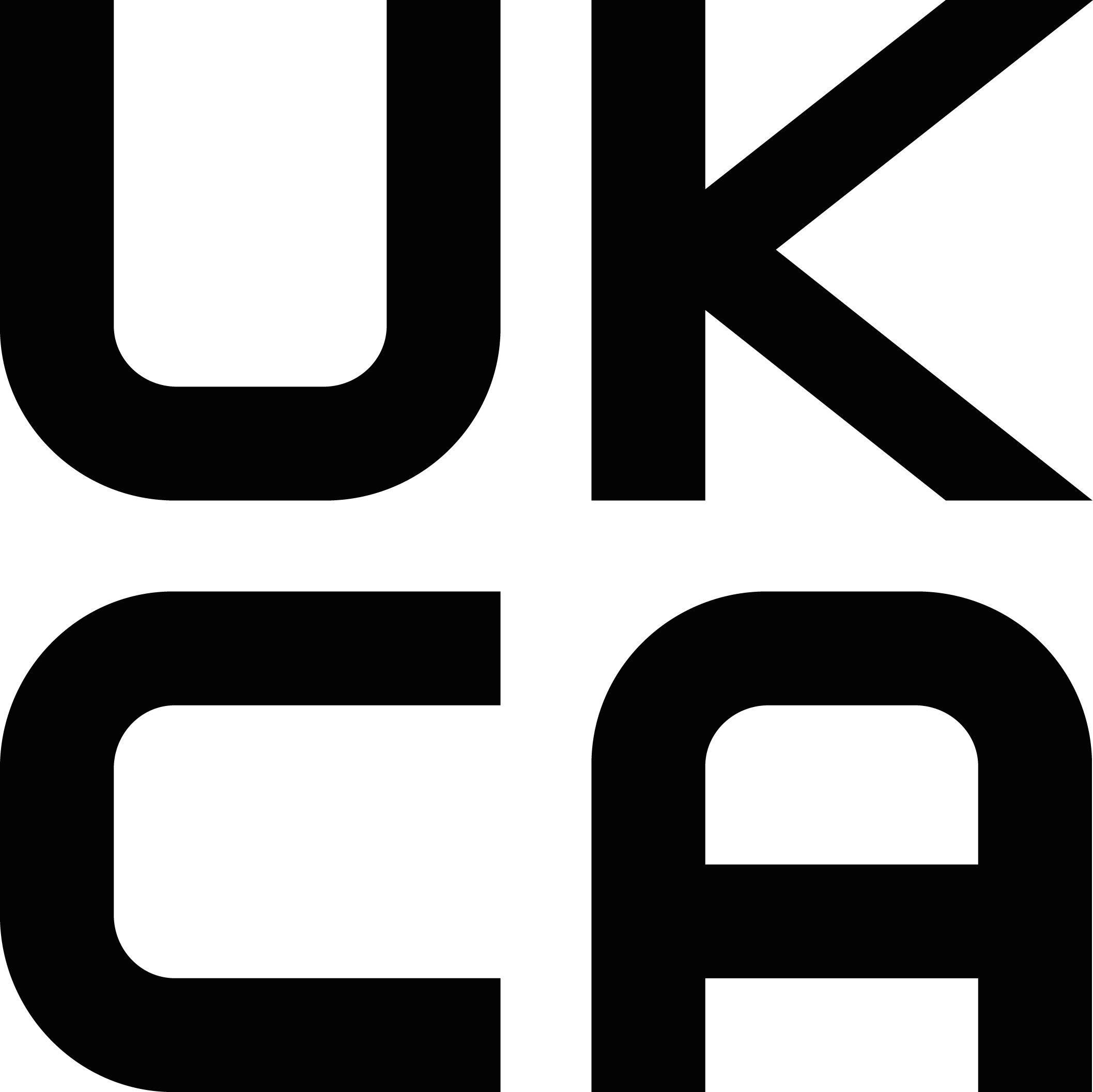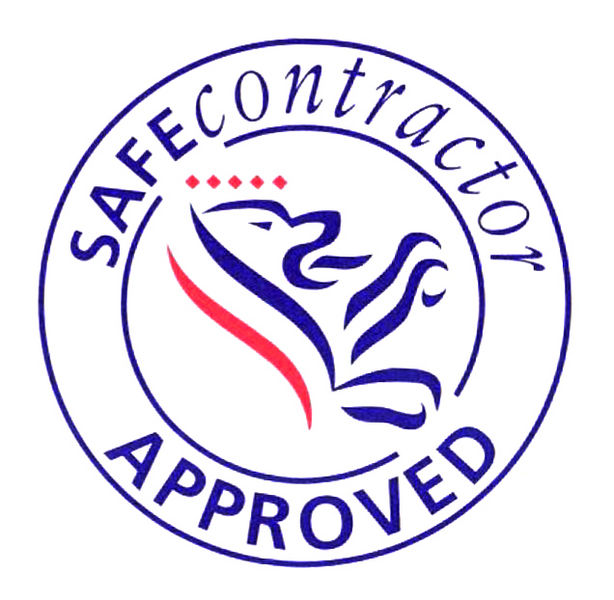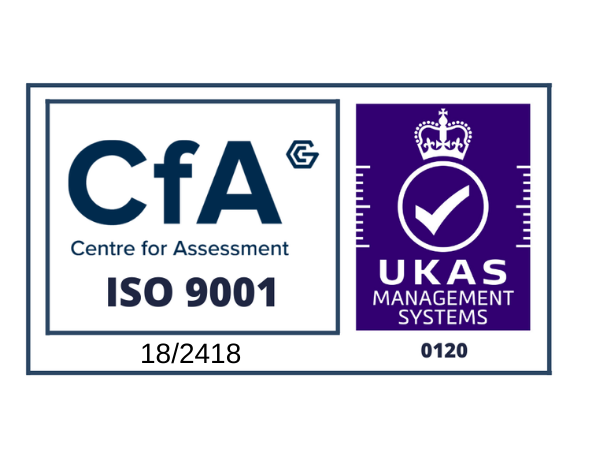Designing a Spiral Staircase
By definition, a spiral staircase is made up of individual stairs, or treads, which wind around a central column.
This is different from helical or curved staircase, which do not have a central support. Beyond this simple definition, there are a number of design factors that will determine the actual staircase you need: height, diameter, materials and whether you are choosing an internal or external stairway.
The appeal of a spiral staircase is that it can be the perfect choice whether you are looking for a functional, minimalist design or the grandest, most elaborate statement centrepiece.
Height
The height of your spiral staircase will be the vertical distance between the two floors or levels to be connected. It is important to get this measurement exactly right so that the top platform of the stairs is level with the floor at the exit point.
Once you have arrived at the height, the number of individual treads can be determined by dividing the total height by the space between each step, known as the riser height.
The next calculation is the rotation, which is the angle that each step rotates around the central column. The most common rotation is 30 degrees, meaning that 12 stairs would give a full 360-degree rotation for your staircase, nine stairs 270 degrees and so on. This then sets your entry and exit points.
Diameter
The diameter of a spiral staircase will be determined by the space you have available. The smallest diameter generally used is 3'6" - this gives a very compact design which is perfect for squeezing into a small corner or for a better solution to loft access than a ladder.
To comply with building regulations for a main stairway in a home or public place, there are minimum diameter requirements laid down. At the other end of the spectrum, a large-diameter spiral staircase can be very grand and fill a vast entrance hall.
Indoor Designs
For indoor use, the choice available is typically a timber, forged iron or steel spiral staircase, depending on the aesthetic and design requirements for your particular project. Steel has many advantages, as it is so strong, durable and versatile, meaning it can suit most applications and be endlessly customised.
Outdoor Designs
The two most common choices for external use are either a powder-coated aluminium or a galvanized steel spiral staircase. These are finished with maintenance-free barriers, which means they will stand up to the elements without costly repair and maintenance work.
Whatever your style or budget, a spiral staircase could be the right design choice for you.
About Bradfabs
Bradfabs has been constructing bespoke staircases for customers for over 25 years across Yorkshire and further afield. As well as one-off bespoke fabrications we also supply short project runs as well as larger projects.
At Bradfabs we only use the very finest quality materials to construct our staircases, which are precision-made by our own highly skilled personnel.
Contact us today, call us now on 01274 400 401, or email us at sales@bradfabs.co.uk and we will be happy to help you.







